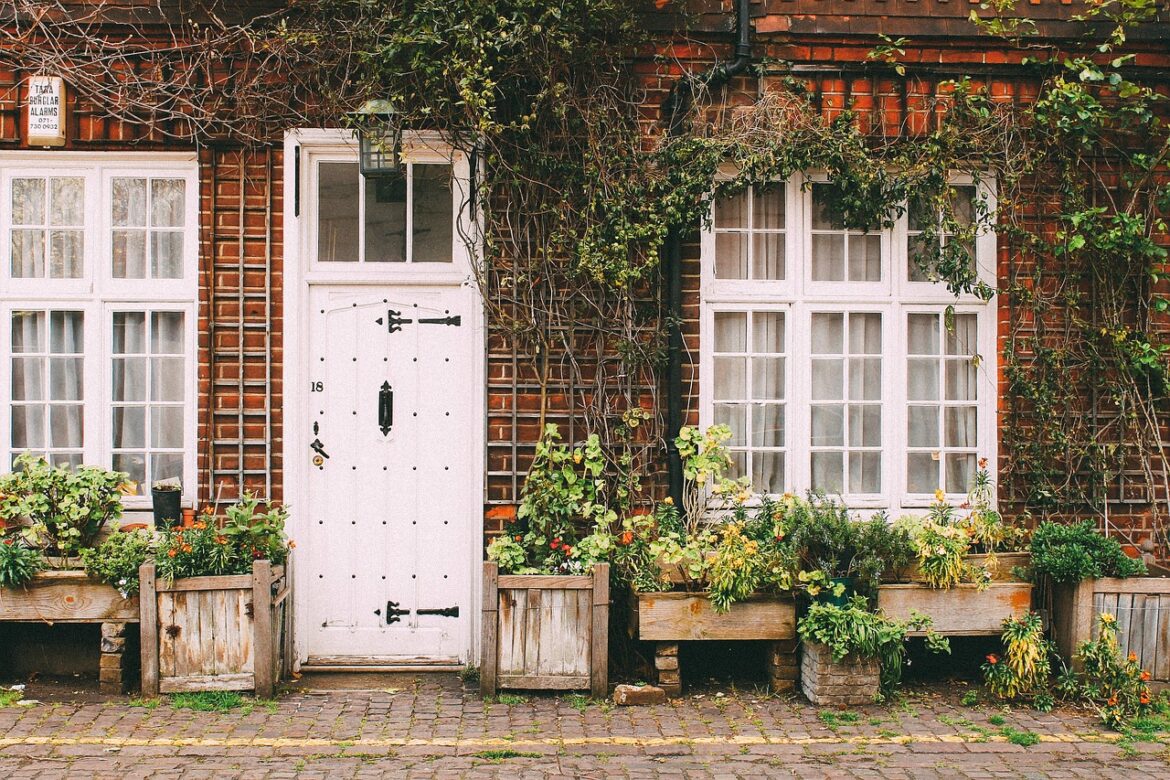Owning a home is a significant investment. As a landlord in the UK, it is crucial to ensure its longevity and minimise unexpected repair costs. You need to ensure preventive maintenance to keep your property in top condition while saving you money in the long run.
Role of rental agents in property maintenance
Rental agents play a crucial role in facilitating preventive maintenance for rental properties, benefiting both landlords and tenants alike. If your property is located in Winchester, the rental agents in Winchester will ensure your property stays in good condition. One of the key ways rental agents assist in preventive maintenance is by conducting regular property inspections. Inspections can help in finding issues early on, such as leaky faucets, faulty electrical outlets, or signs of wear and tear.
By addressing these problems promptly, rental agents help prevent small issues from escalating into major repairs, saving both landlords and tenants from unexpected expenses. Moreover, rental agents can coordinate with qualified professionals to perform routine servicing of appliances, HVAC systems, and other critical components of the property.
1. Regular HVAC Maintenance
Heating, ventilation, and air conditioning (HVAC) systems are essential for comfort, especially in the UK’s ever-changing weather. Regular maintenance of your HVAC system can prevent breakdowns, improve energy efficiency, and extend the lifespan of the equipment. It is recommended to schedule professional HVAC inspections and servicing at least once a year to ensure optimal performance and to identify and fix any issues before they escalate.
2. Roof and Gutter Maintenance
The UK’s damp climate can take a toll on your home’s roof and gutters. Regularly inspecting the roof for damaged or missing shingles and repairing them promptly can prevent water leaks and potential structural damage. Additionally, keeping the gutters clear of debris helps prevent water from overflowing and seeping into your home’s foundation, which can lead to costly repairs.
3. Plumbing Check-ups
Undetected leaks and plumbing issues can lead to water wastage and extensive damage to your property. Inspect your plumbing regularly for leaks, check the water pressure, and ensure that all faucets and toilets are working correctly. Address any leaks or drips promptly to avoid wasteful water consumption and prevent further damage.
4. Electrical System Inspection
Electrical problems can be hazardous and costly if left unchecked. Schedule regular inspections of your electrical system to identify potential hazards such as faulty wiring, overloaded circuits, or outdated components. Make sure to replace worn-out electrical items, like frayed cords or damaged outlets, to reduce the risk of electrical fires.
5. Regular Painting and Sealant Maintenance
Maintaining the exterior of your home through regular painting and sealant touch-ups can protect it from weather damage and preserve its curb appeal. Check for signs of chipping or peeling paint and seal any gaps in windows and doors to prevent water infiltration and maintain energy efficiency.
6. Insulate Your Home
Proper insulation can significantly reduce your energy bills and improve the comfort of your home. Inspect your windows and doors for any drafts, and consider adding insulation to the attic and walls if needed. Adequate insulation will keep your home warm in winter and cool in summer, leading to substantial cost savings over time.
7. Maintain Appliances and White Goods
Regularly maintaining household appliances and white goods can prolong their lifespan and prevent sudden breakdowns. Follow the manufacturer’s maintenance guidelines for your fridge, dishwasher, washing machine, and other appliances. Clean filters, check hoses, and address any issues promptly to avoid costly replacements.
8. Landscaping and Drainage
Proper landscaping not only enhances your home’s aesthetics but also protects it from potential water damage. Ensure that the ground slopes away from your home’s foundation to prevent water from pooling around the structure. Regularly trim trees and bushes away from the house to avoid damage caused by overhanging branches during storms.
Conclusion
By following these best practices for preventive maintenance, you can safeguard your UK home from unexpected and costly repairs while enjoying increased energy efficiency and comfort. Remember that proactive maintenance is an investment in your property’s future and can save you money in the long term. Regular inspections, timely repairs, and a little attention to detail can go a long way in preserving the value and integrity of your home.




